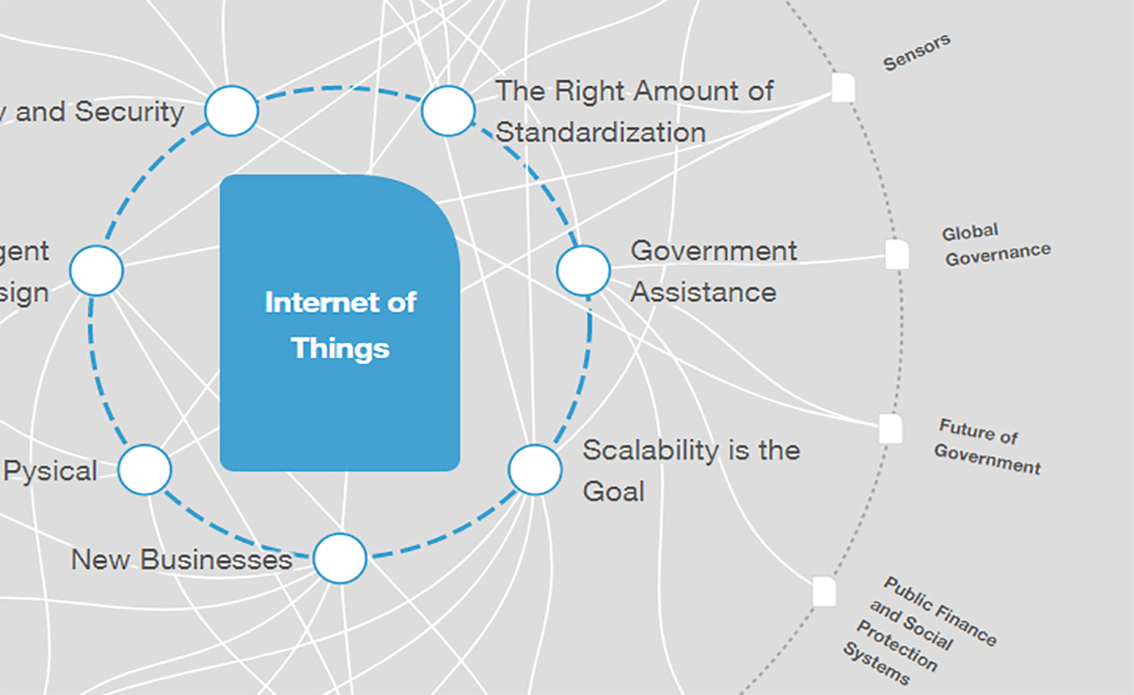Google has made it official: The internet is now mobile-first

Google has revealed that mobile searches have over taken desktop searches in many parts of the world. Image: REUTERS/Eric Gaillard/Illustration

Get involved with our crowdsourced digital platform to deliver impact at scale
Stay up to date:
Internet of Things
This may go down in history as the week the mobile web became the web.
On Monday, Google began indexing and ranking pages on its search engine based on the mobile versions of websites rather than the desktop ones, the company announced. The change may seem minor, but it underscores how Google views and presents the web to the world—as mobile first.
The search giant, which fields much of the world’s search queries, said back in 2015 that mobile searches had overtaken desktop in parts of the world. The trend continued, and a year and half ago Google started experimenting with mobile-first indexing to help its majority-mobile users find what they’re looking for. Mobile and desktop versions of pages can vary widely, which can be confusing for users on mobile who expect one thing from their search results and encounter another.
Mobile-friendliness has long been played into how Google ranks webpages in its search engines, as TechCrunch pointed out. Pages that are mobile-friendly rank higher in mobile searches than those that aren’t. And the speed in which a page loads will factor into where it ranks in mobile search results starting in July.
Google has a single index that serves search results on mobile and desktop, the company said, so desktop search results will be fed by the mobile-first index, too. Webpages that only have desktop versions will continue to be included in the Google’s index based on their desktop sites. It added that content gathered through mobile-first indexing will have no ranking advantage over desktop or mobile content that’s not gathered in this way yet.
Don't miss any update on this topic
Create a free account and access your personalized content collection with our latest publications and analyses.
License and Republishing
World Economic Forum articles may be republished in accordance with the Creative Commons Attribution-NonCommercial-NoDerivatives 4.0 International Public License, and in accordance with our Terms of Use.
The views expressed in this article are those of the author alone and not the World Economic Forum.
The Agenda Weekly
A weekly update of the most important issues driving the global agenda
You can unsubscribe at any time using the link in our emails. For more details, review our privacy policy.

